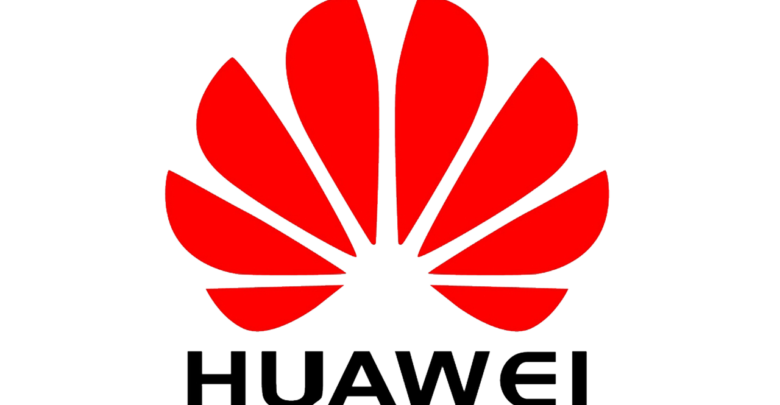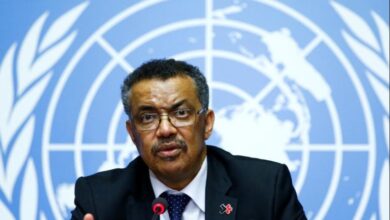TechnologyWorld
Uganda Police Confirms Using Chinese telecom Huawei’s CCTV Cameras Countrywide

Uganda’s police force has confirmed it is using Chinese telecom giant Huawei’s CCTV cameras countrywide as a measure to strengthen law and order, reported BBC. The clarification follows the Wall Street Journal report published last week that alleged Ugandan officials had worked with Huawei technicians to hack into musician-turned-MP Bobi Wine’s WhatsApp messages.
The police released a statement denying the allegations that it spied on Wine with the help of the Chinese telecom giant’s technicians.
Police spokesperson Fred Enanga said the allegations are malicious and it was not using Huawei to spy on the opposition.
“We strongly believe the article by the WSJ that was carried forward by the Daily Monitor (local newspaper) is being used to sabotage and smear the UPF [Uganda Police Force] and give political mileage to a particular member of the opposition and other interests,” said Enanga.
“We wonder why they would single out one leader, yet there are many other players in the political arena of Uganda including other politicians, activists, members of parliament, journalists, to mention a few,” he said.
Enanga said the police force has a contract with Huawei to install CCTV cameras countrywide as a measure to strengthen law and order. He added that the CCTV roll-out was going well with nearly 85 percent of areas already covered in the capital, Kampala.
“Their contract including both the hardware and software were thoroughly evaluated, and there were no shortcomings in the engineering and policing processes,” the police spokesperson said.
Enanga went on to assure the people of Uganda that there are no concerns in using Huawei technology. He said the cameras are already transforming modern-day policing in the East African country, with facial recognition and artificial intelligence as part of policing and security.






